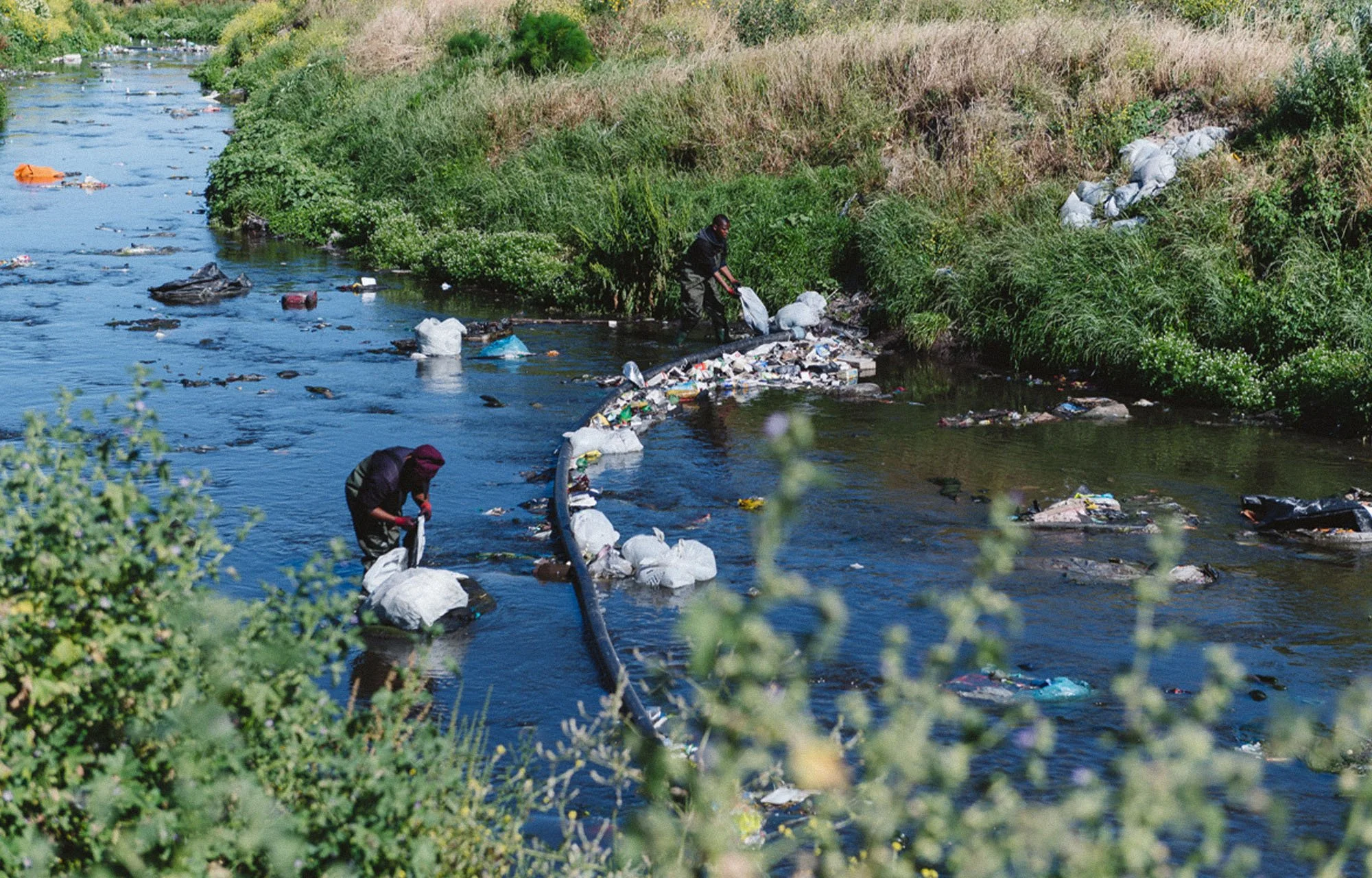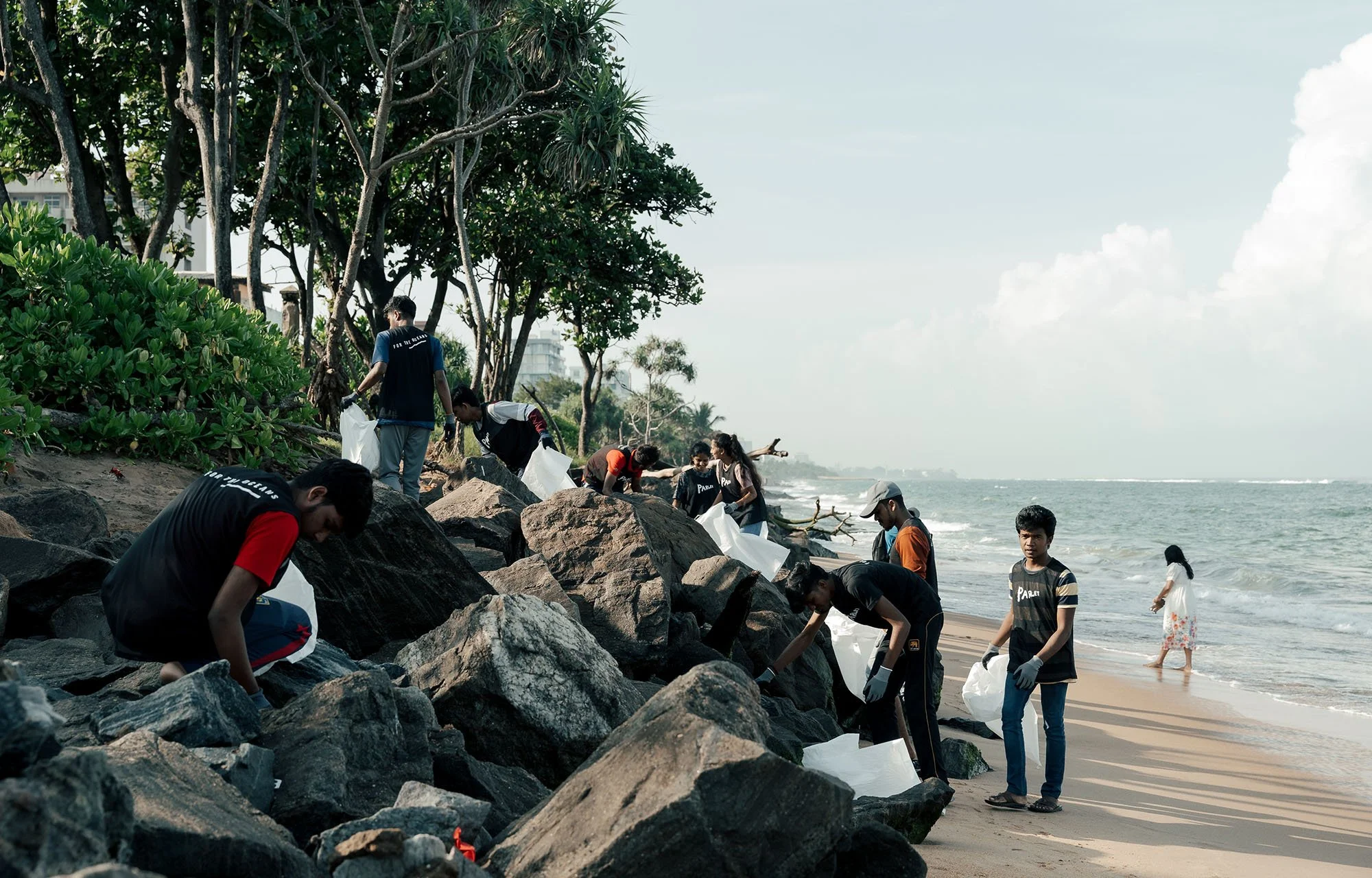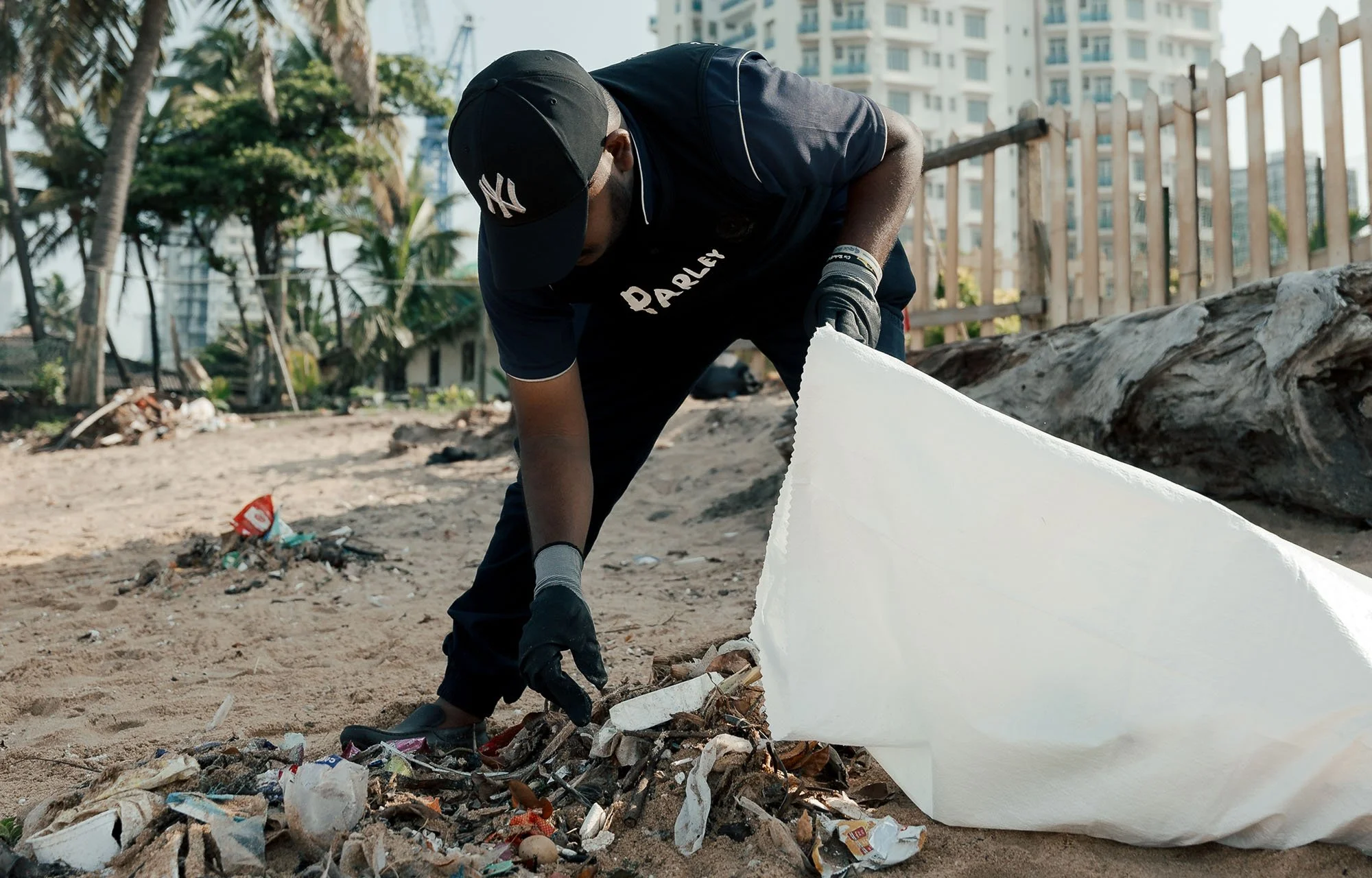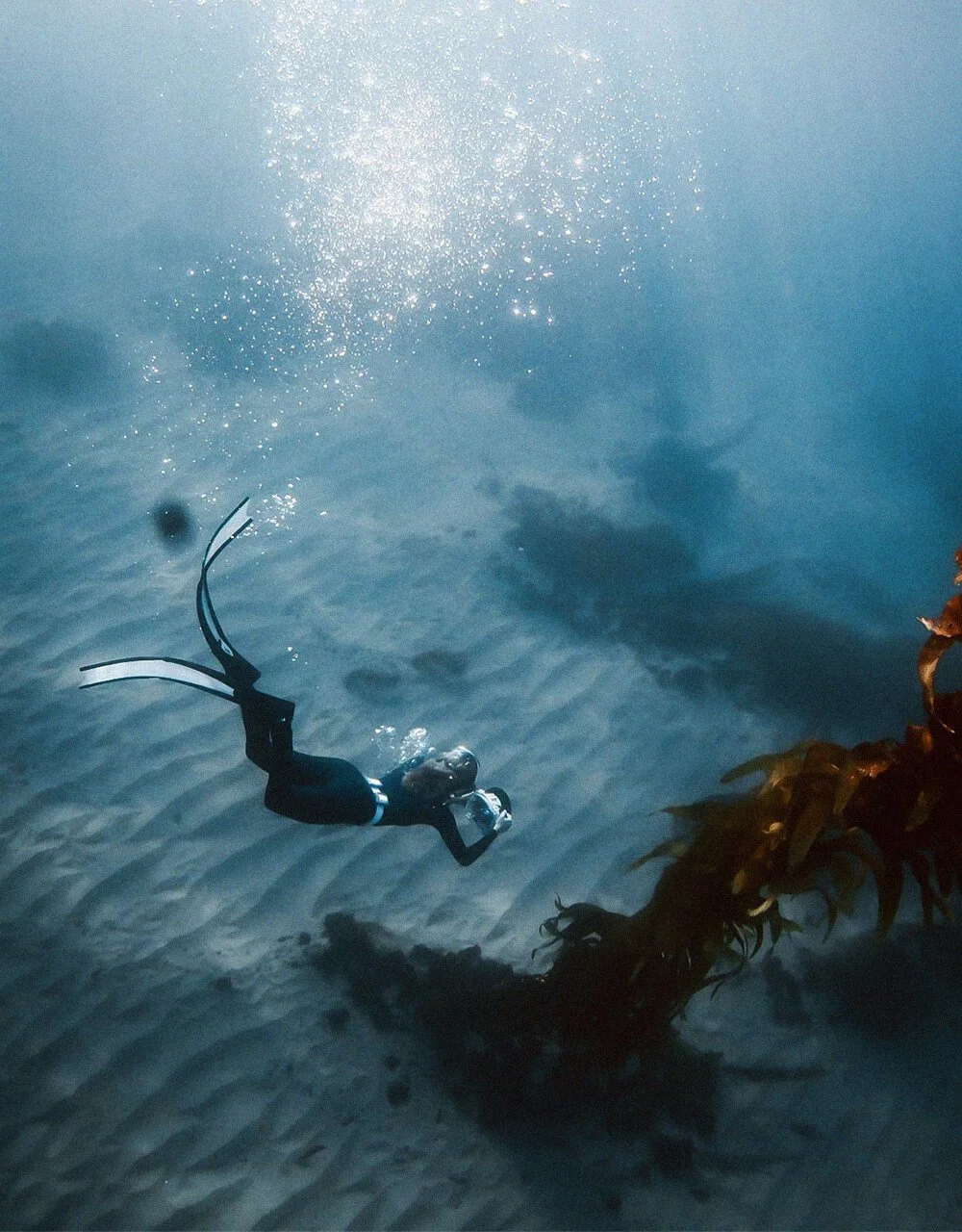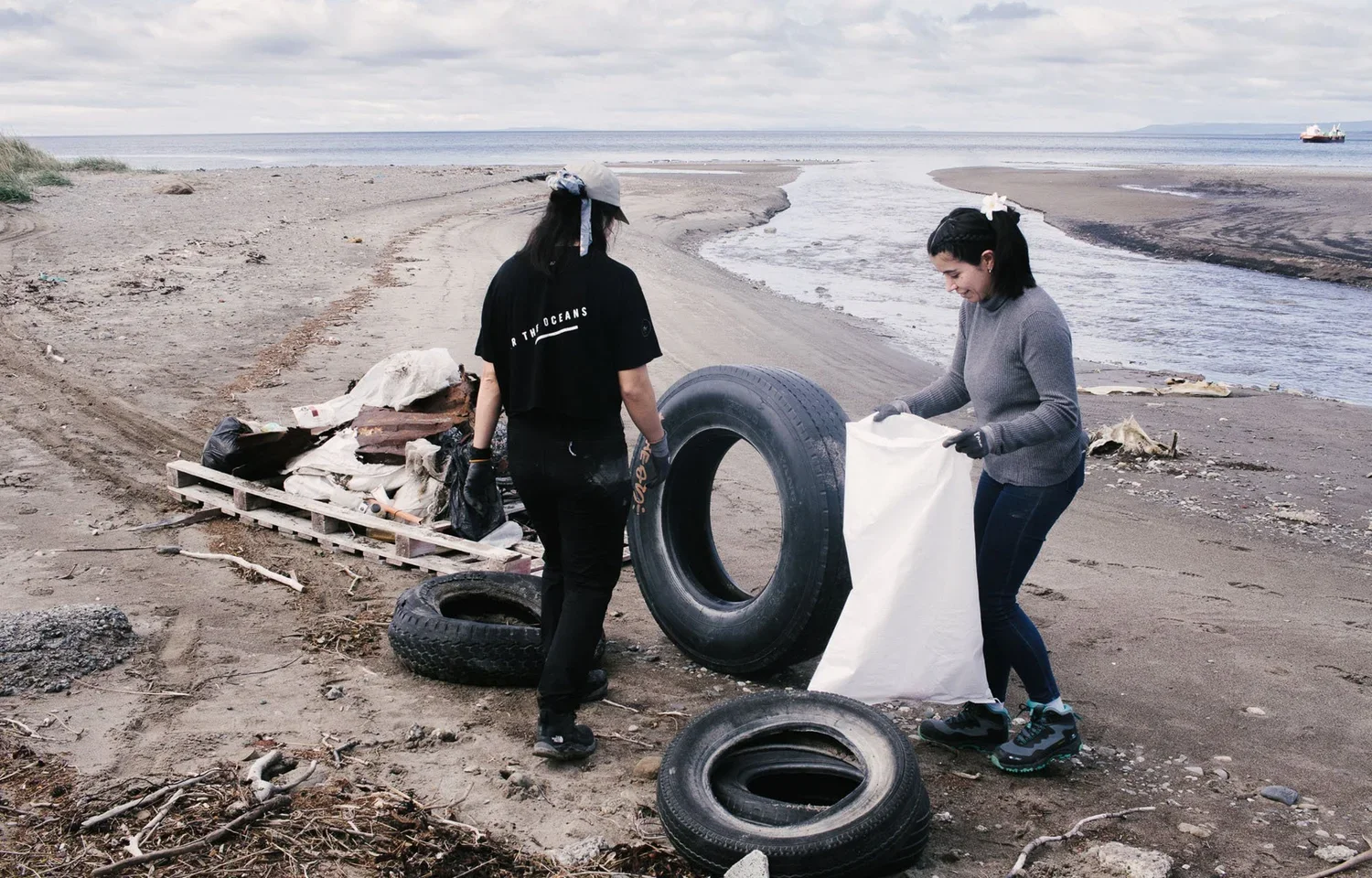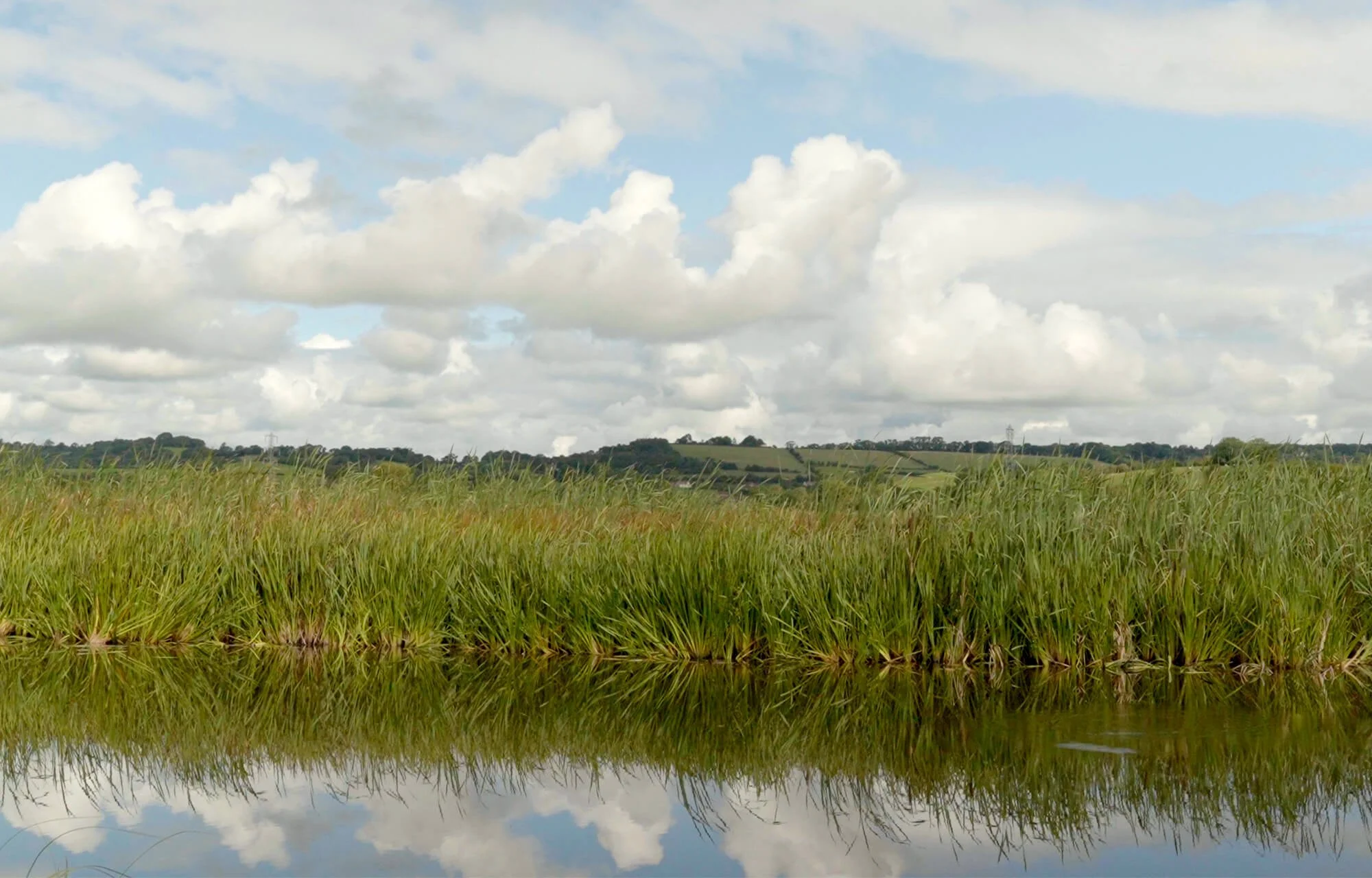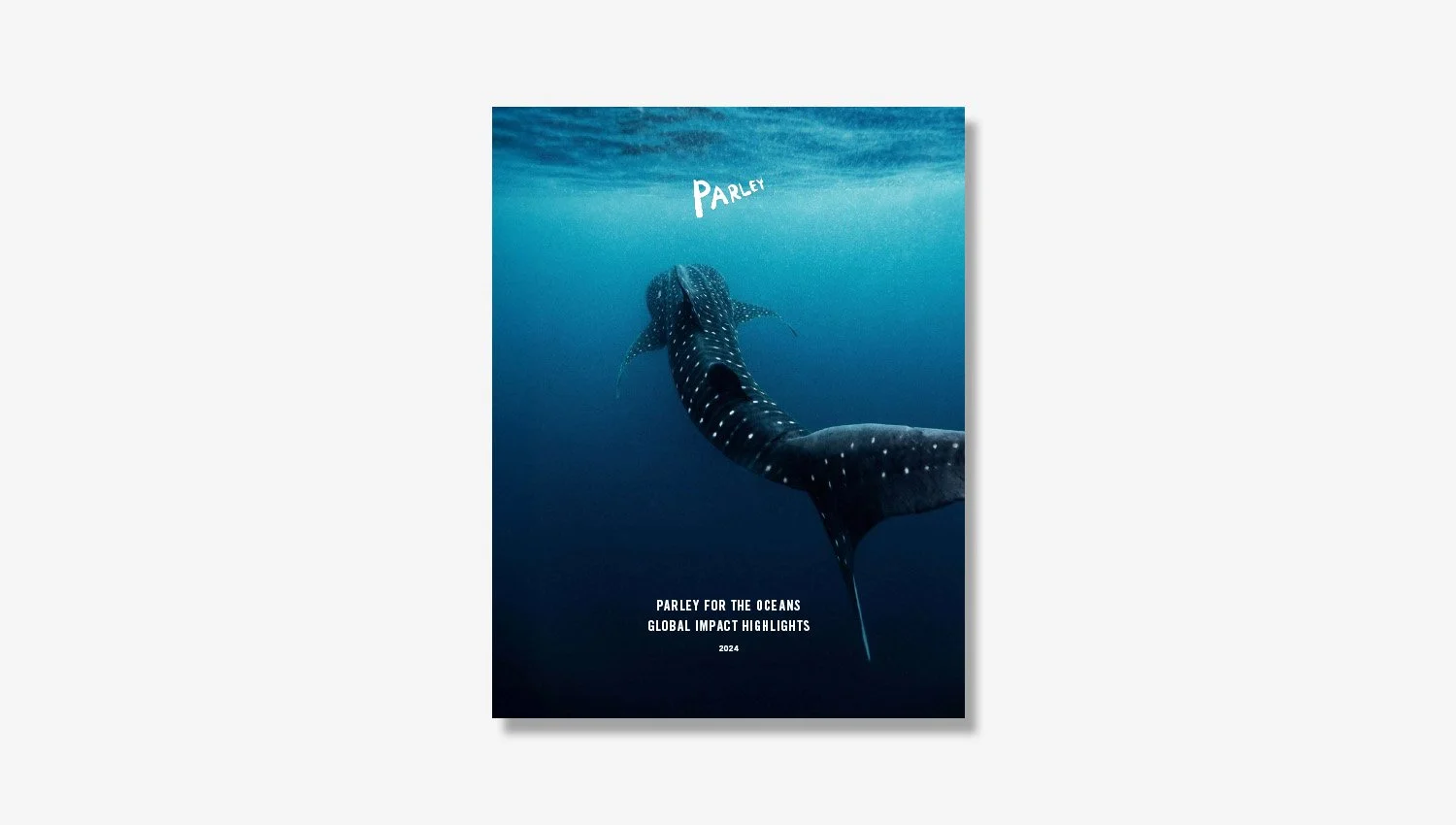Field Notes
This month, we check in with The Litterboom Project in South Africa, roll up our sleeves to clean up an illegal garbage dump in the jungles of Cozumel and explore an ambitious new program in Sri Lanka
SOUTH AFRICA 🇿🇦
It’s been awhile since we caught up with Parley South Africa’s river interception specialists, The Litterboom Project, and it’s been a busy year for their team. As founder Cameron Service explains, “On South Africa’s rivers, the flow of plastic is constant — but so is the work to stop it. From January to August 2025, The Litterboom Project intercepted more than 369,000 kilograms of waste, including 95,000 kilograms of recyclables, before it could reach the ocean. Along the way, 236 people earned an income helping to hold the line: River Wardens maintaining booms upstream, Coastal Wardens clearing beaches and Community Reclaimers collecting plastic where formal systems don’t reach.”
Getting even closer to the source, their new Strike Cleanups target the places where waste services are scarce and pollution runs unchecked. In just eight months, 15 Strike Cleanups across 12 communities removed over 128 tons of waste, proving that rapid-response action can both recover massive volumes of plastic waste and spark community engagement where it’s needed most. Meanwhile, intercepted river plastics continue their journey beyond cleanups. At TLP’s Innovation Hubs in Durban and Cape Town, discarded material is reimagined as products that you can find on their online shop, proceeds from which support their work.
“This is the cycle we’re building,” explains Cameron, “pollution intercepted at its source, communities empowered and waste reshaped into something of value – all before it ever reaches the sea.’
MEXICO 🇲🇽
Globally, illegal dumping is a huge problem – with a recent inquiry finding that 38 million tons of waste was illegally managed every year in the UK alone (!) leading to “serious environmental, economic and social consequences”.
In Mexico, our team was recently alerted to an illegal dump in the forest. As coordinator Alejandra Tellez explains, “In Cozumel, as in many sites in the Riviera Maya like Tulum, people turn the jungle into clandestine dump sites and not by accident. What was supposed to be a shelter for life became a landfill.”
Over two days, volunteers and municipal teams worked together to remove 7,500 kg of trash from the heart of the forest. This collective effort not only helped restore a natural area but also laid the groundwork for new strategies that prevent clandestine waste sites and promote more responsible waste management on the island.
As Tellez explains, “The jungle connects to cenotes and our water, and cenotes connect to the sea. When we pollute the forest, we pollute the vital waters that sustain us. The impact of trash doesn’t end when we throw it away — it starts when we forget it’s still there.”
SRI LANKA 🇱🇰
Alongside our Indian Ocean program in the Maldives, nearby Sri Lanka will also be launching a series of programs to help safeguard corals. Funded by the Global Fund for Coral Reefs (GFCR), the groundbreaking initiative aims to combat marine pollution in Beruwala, one of Sri Lanka’s most environmentally challenged coastal regions. Led by Parley Sri Lanka, the project combines science, education and innovation to safeguard marine ecosystems and promote sustainable coastal management.
Through hotspot identification and data mapping, the initiative will pinpoint key pollution sources, guiding targeted interventions. Local communities, schools, and fisheries will be engaged through 48 education and awareness sessions, reaching over 2,400 participants and establishing a dedicated Education Centre for Environmental Awareness at the project’s Material Recovery Facility (MRF). To stop plastics from reaching the ocean, river interception systems – including four new river booms – will capture waste upstream, while 54 cleanups will mobilize 2,000 volunteers across beaches and riverbanks. The project also introduces e-bike collections to reduce carbon emissions and 30 recycling drop-off points at schools and community hubs, turning waste recovery into a collective effort.
During the project, the Beruwala MRF will process an estimated 28,000 kilograms of recyclables, transforming waste into value and supporting local livelihoods. By integrating education, circular economy solutions and low-carbon innovation, the project embodies our Parley AIR Strategy (Avoid, Intercept, Redesign) building empowered communities, cleaner oceans and a resilient future for Sri Lanka’s coasts and the millions who depend on them.




